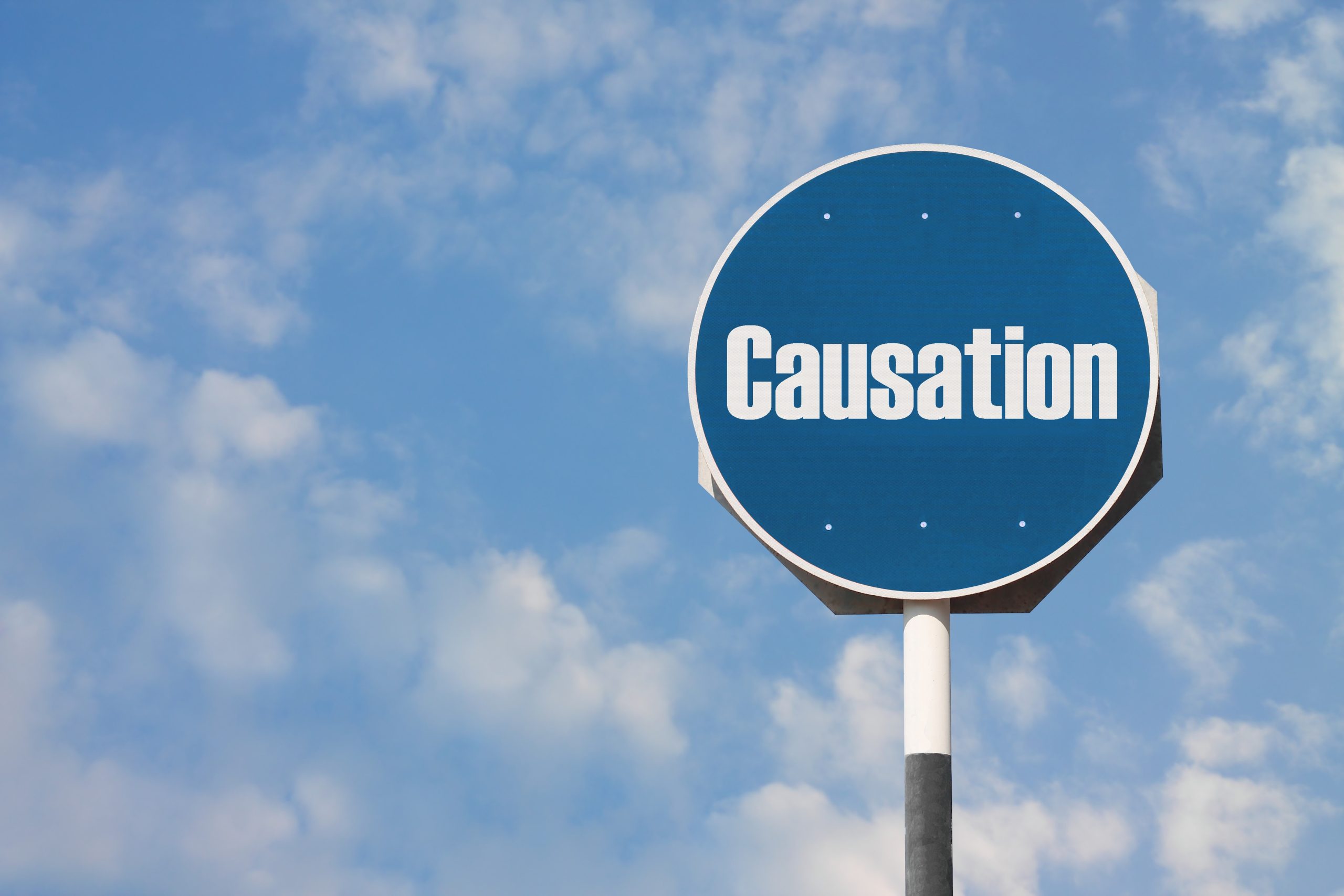The Top 10 Meanest Dog Breeds
 Every year, more than 4.7 million victims throughout the United States are bitten or attacked by dogs. Roughly 20% of those attacked by canines require urgent medical care. Although usually born good-natured, dogs can become mean if mistreated or in dire circumstances. Dogs also tend to be aggressive if they feel they are defending themselves or their owners. Many negative behaviors are caused by inadequate training, improper socialization, and lack of exercise. Certain diseases and genetic mutations can also cause canines to behave overly aggressively.
Every year, more than 4.7 million victims throughout the United States are bitten or attacked by dogs. Roughly 20% of those attacked by canines require urgent medical care. Although usually born good-natured, dogs can become mean if mistreated or in dire circumstances. Dogs also tend to be aggressive if they feel they are defending themselves or their owners. Many negative behaviors are caused by inadequate training, improper socialization, and lack of exercise. Certain diseases and genetic mutations can also cause canines to behave overly aggressively.
The Top 10 Meanest Dogs According To A-Z Animals
- Basenji: While Basenjis are extremely intelligent and usually bond tightly with their owners, this breed is notorious for being aloof towards strangers. This breed requires a lot of socialization to make them more tolerant of others.
 Buffalo Personal Injury Lawyer News
Buffalo Personal Injury Lawyer News


 The Dietrich Law Firm P.C.’s battle-tested attorneys have seen the devastating impact serious accidents can have on victims and, ultimately, their loved ones. After suffering severe injuries in a personal injury accident, it is not unusual for victims to have many unanswered questions. Our elite team has compiled a list of frequently asked questions and answers regarding injury claims. Below are our answers to the most common questions about accident claims.
The Dietrich Law Firm P.C.’s battle-tested attorneys have seen the devastating impact serious accidents can have on victims and, ultimately, their loved ones. After suffering severe injuries in a personal injury accident, it is not unusual for victims to have many unanswered questions. Our elite team has compiled a list of frequently asked questions and answers regarding injury claims. Below are our answers to the most common questions about accident claims. In a personal injury case, the plaintiff must prove the defendant was negligent by demonstrating liability. To accomplish this, the plaintiff must establish the four legal elements of negligence. Causation is the third legal element needed to prove the defendant’s negligence. The legal term causation refers to the causal link between the defendant’s conduct and the plaintiff’s damages. In other words, causation provides a crucial way to connect a specific action or inaction by the defendant with its effect on the victim. The defendant’s conduct must have led to the victim’s injuries to prove causation.
In a personal injury case, the plaintiff must prove the defendant was negligent by demonstrating liability. To accomplish this, the plaintiff must establish the four legal elements of negligence. Causation is the third legal element needed to prove the defendant’s negligence. The legal term causation refers to the causal link between the defendant’s conduct and the plaintiff’s damages. In other words, causation provides a crucial way to connect a specific action or inaction by the defendant with its effect on the victim. The defendant’s conduct must have led to the victim’s injuries to prove causation.  Operating a commercial vehicle is vastly different and more challenging than driving a passenger vehicle. Large trucks weigh up to 80,000 pounds and are often 30 times heavier than the average passenger vehicle. The massive size and weight of semi-trucks drastically exacerbate the impact and damage they can inflict in the unfortunate event of an accident. The stopping distances required for these enormous vehicles are considerably longer. Consequently, obtaining a commercial driver’s license is imperative because of the additional training and skills needed to operate a semi-truck safely.
Operating a commercial vehicle is vastly different and more challenging than driving a passenger vehicle. Large trucks weigh up to 80,000 pounds and are often 30 times heavier than the average passenger vehicle. The massive size and weight of semi-trucks drastically exacerbate the impact and damage they can inflict in the unfortunate event of an accident. The stopping distances required for these enormous vehicles are considerably longer. Consequently, obtaining a commercial driver’s license is imperative because of the additional training and skills needed to operate a semi-truck safely. Local municipalities, Erie County, and New York State have enacted various building codes and other standards to ensure public safety. These codes regulate the construction, repair, and maintenance of shopping malls, residential properties, and large office buildings. When building code violations and other property owner negligence occur, devastating personal injury accidents are bound to happen. Suppose you, or a loved one, were injured as a guest or visitor on someone else’s property. In that case, you may be entitled to pursue a premises liability lawsuit against the owner or other responsible party.
Local municipalities, Erie County, and New York State have enacted various building codes and other standards to ensure public safety. These codes regulate the construction, repair, and maintenance of shopping malls, residential properties, and large office buildings. When building code violations and other property owner negligence occur, devastating personal injury accidents are bound to happen. Suppose you, or a loved one, were injured as a guest or visitor on someone else’s property. In that case, you may be entitled to pursue a premises liability lawsuit against the owner or other responsible party.  Every motorist must have automobile insurance to drive in New York State legally. You must fully understand your insurance policy because your coverage will determine what compensation you may receive in the unfortunate event of a collision.
Every motorist must have automobile insurance to drive in New York State legally. You must fully understand your insurance policy because your coverage will determine what compensation you may receive in the unfortunate event of a collision.  Suppose that you were severely injured because of another’s carelessness or recklessness. You may wonder how much evidence you need to win your personal injury lawsuit. Under New York law, plaintiffs in personal injury cases have the burden of proof. In other words, for the defendant to be held legally responsible, you must prove that they were negligent. Considering that insurance adjusters and jury members were not at the accident scene, your lawyer must use evidence to demonstrate your version of events. The outcome of your case will be highly contingent upon the quality of evidence you can provide. The more evidence your attorney has to substantiate the case, the higher your chances are of reaching a reasonable settlement or winning in court.
Suppose that you were severely injured because of another’s carelessness or recklessness. You may wonder how much evidence you need to win your personal injury lawsuit. Under New York law, plaintiffs in personal injury cases have the burden of proof. In other words, for the defendant to be held legally responsible, you must prove that they were negligent. Considering that insurance adjusters and jury members were not at the accident scene, your lawyer must use evidence to demonstrate your version of events. The outcome of your case will be highly contingent upon the quality of evidence you can provide. The more evidence your attorney has to substantiate the case, the higher your chances are of reaching a reasonable settlement or winning in court.  After suffering devastating injuries in any type of accident, you are likely feeling helpless and overwhelmed. If another’s carelessness or irresponsibility caused your injuries, you might be eligible to pursue a personal injury lawsuit. The Dietrich Legal Team’s veteran litigators realize that the litigation process may seem both complex and intimidating. Our lawyers believe that by helping you better understand the legal process, we can eliminate most of your stress and uncertainty.
After suffering devastating injuries in any type of accident, you are likely feeling helpless and overwhelmed. If another’s carelessness or irresponsibility caused your injuries, you might be eligible to pursue a personal injury lawsuit. The Dietrich Legal Team’s veteran litigators realize that the litigation process may seem both complex and intimidating. Our lawyers believe that by helping you better understand the legal process, we can eliminate most of your stress and uncertainty.  Whiplash is an injury to the neck that a violent, swift back-and-forth neck movement can cause. The neck is a highly vulnerable body part, which is left unprotected and unrestrained even when wearing a seatbelt. A car crash victim’s neck can be forcefully jerked or jolted back and forth. Consequently, whiplash is one of the most prevalent injuries suffered in collisions, especially by rear-enders. Whiplash injuries commonly result from slip and fall accidents, physical abuse, and sports mishaps. While most whiplash victims tend to recover within a few weeks of a treatment regime, some victims continue having chronic pain and other persistent complications.
Whiplash is an injury to the neck that a violent, swift back-and-forth neck movement can cause. The neck is a highly vulnerable body part, which is left unprotected and unrestrained even when wearing a seatbelt. A car crash victim’s neck can be forcefully jerked or jolted back and forth. Consequently, whiplash is one of the most prevalent injuries suffered in collisions, especially by rear-enders. Whiplash injuries commonly result from slip and fall accidents, physical abuse, and sports mishaps. While most whiplash victims tend to recover within a few weeks of a treatment regime, some victims continue having chronic pain and other persistent complications.  Employers are typically in charge of overseeing employees and other staff members. Employers have a legal duty to the public to supervise their workers sufficiently. When an employer fails to exercise appropriate supervision, that business can be held liable through a negligent supervision claim. An accident victim may be entitled to pursue a lawsuit against the company of an employee who caused their injuries. Consequently, multiple parties are often held legally responsible in accidents involving careless workers.
Employers are typically in charge of overseeing employees and other staff members. Employers have a legal duty to the public to supervise their workers sufficiently. When an employer fails to exercise appropriate supervision, that business can be held liable through a negligent supervision claim. An accident victim may be entitled to pursue a lawsuit against the company of an employee who caused their injuries. Consequently, multiple parties are often held legally responsible in accidents involving careless workers.